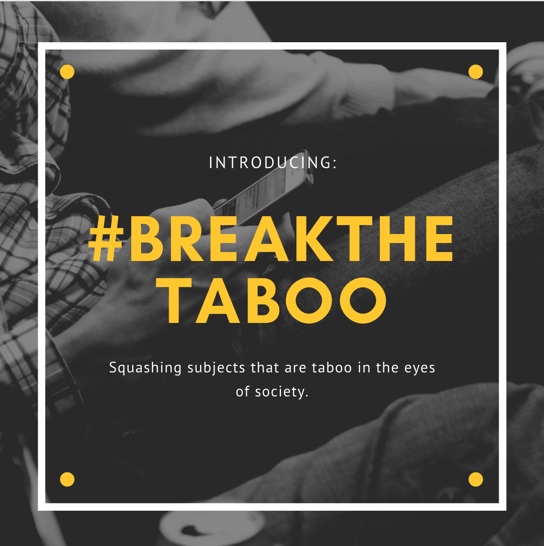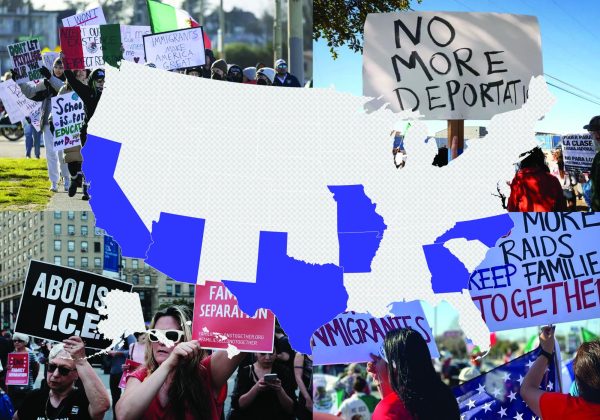Deconstructing taboo topics: Their function in society
Restriction of language and conversation is instrumental in all forms of societal control. Such restrictions range in formality from written sedition laws to socially constructed norms. Taboos are the operationalization of socially constructed norms as topics that are avoided based on the hegemony’s moral values.
Taboos are determined by the culture in which they are formed; American taboo topics include race, religion, mental health, sex and sexuality, money and politics. These topics were labeled as taboo to maintain the patriarchal power structure the U.S. relies on. The discussion of these topics threatens that power structure by highlighting the inequities fostered within the system it created.
Historically, the suppression of taboo topics has been a dangerous practice that further oppresses vulnerable groups. One example that appears both in social practice and legislation is the ‘Don’t Ask, Don’t Tell’ ideology. As it operates socially, it was once expected that people in the LBGTQ+ community did not identify their sexuality, rather hide it, in order to ensure the comfort of heterosexual individuals. In legislation, the Clinton Administration’s “Don’t Ask, Don’t Tell” (DADT) policy, allowed military personal to be gay as long as they stayed in the closet. Both forms of this ideology actively worked to silence a marginalized population.
On a day-to-day basis, people maneuver through taboos constantly. It may be an aunt in a sly, hushed tone hinting that a cousin is attending therapy; a mother that shushes her child when they ask, out of curiosity, why that woman is in a wheelchair; coworkers dancing around the topic of salary on a payday. Whether it is in a formal or colloquial manner, taboo topics are unavoidable.
As they function in society, taboos are an agent of fear-mongering. Instead of the perceived use of protecting people by preserving innocence and a set moral code, they objectively oppress minority groups. In discussing taboo topics, they are inherently removed from the taboo classification. As such, society can begin to reevaluate the standards and systems of living it has succumbed to. Progress requires conscious and intentional action. In bringing light to these topics, through conversation and subsequent action, the systems of patriarchal control can be slowly dismantled.
In recent years, with an influx of information because of a technological boom, it has become easier to discuss taboos with a wider and diverse demographic. Mirroring the trend of increased technology, the policies and ideals of political actors have become more progressive and intersectional.
This is in direct correlation to the information technology era. It was once easy to employ the “out of sight, out of mind” mentality, but social media has increased the visibility of minority groups and taboo topics. As a result, the need to discuss these topics has grown exponentially as people in power can no longer ignore the existence and plight of marginalized groups.

Isabelle Hajek is a senior at the University of New Haven majoring in psychology with a concentration in forensics and a double minor in criminal justice...







